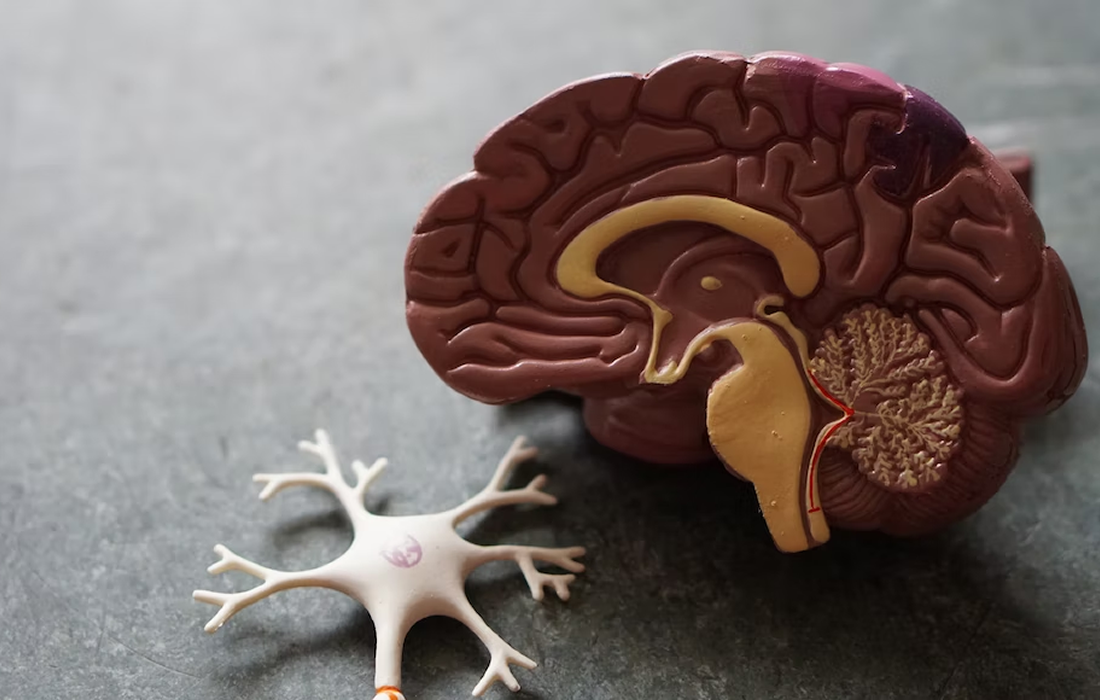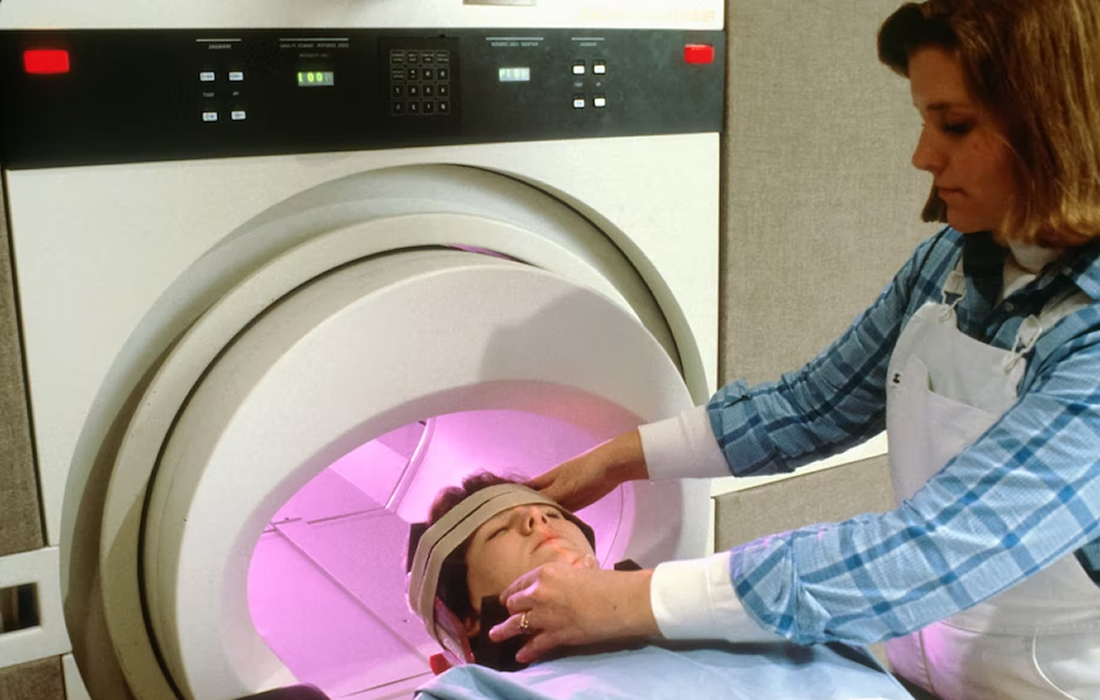Reducing the methylation of a key messenger RNA can promote migration of macrophages into the brain and ameliorate symptoms of Alzheimer’s disease in a mouse model, according to a new study. The results illuminate one pathway for entry of peripheral immune cells into the brain, and may provide a new target for treatment of Alzheimer’s […]
Monthly Archives: March 2023
A gene mutation associated with Parkinson’s disease interrupts brain cells’ normal process for disposing of degraded proteins, according to a recent study. The result is a buildup of debris in synapses that may cause Parkinson’s symptoms. In a study of Drosophila, fruit flies, researchers demonstrated that the release of calcium in neurons triggers autophagy — […]
An artificial intelligence (AI) tool shows promise in predicting active disease and flare-ups in people with ulcerative colitis, according to a new study published in Gastroenterology. Researchers from the Institute of Immunology and Immunotherapy at the University of Birmingham in England and the University College Cork in Ireland developed a computer-aided diagnostic tool to predict […]
For the study, which is published in PLOS ONE, Matthew Leming, PhD, a research fellow at MGH’s Center for Systems Biology and an investigator at the Massachusetts Alzheimer’s Disease Research Center, and his colleagues used deep learning — a type of machine learning and artificial intelligence that uses large amounts of data and complex algorithms […]
Further, over the past three decades, incidence of HPV-driven cancers has increased substantially worldwide and in the U.S. While there are well-established screening tools, as well as vaccines, for HPV-driven cancers such as cervical cancer, there are fewer resources for HPV-driven head and neck cancers. As a result, researchers are working with a sense of […]
Researchers investigated the link between the common artificial sweetener erythritol and cardiovascular risk. They found that erythritol is linked to increased cardiovascular risk. Further studies are needed to confirm the results. Individuals with metabolic conditions such as type 2 diabetes and obesity are often advised to consume products that replace sugars with artificial sweeteners to […]
Researchers at Tohoku University have shown that astrocytes — star-shaped glial cells that control the local ionic and metabotropic environment of the brain — exhibit an acid response with REM sleep in mice. They theorize that the acid response could be the underlying drive for specific information processing and generating plasticity during sleep. They further […]
Researchers at the University of Calgary’s Hotchkiss Brain Institute in Canada and the University of Exeter in the UK explored the relationship between vitamin D supplementation and dementia in more than 12,388 participants of the US National Alzheimer’s Coordinating Center, who had a mean age of 71 and were dementia-free when they signed up. Of […]
Multiple sclerosis (MS) is a chronic neuroinflammatory disease associated with progressive neurodegeneration and accumulation of neurological disability. A novel cell therapy has been developed aiming to slow or reverse neurological disability in patients with MS. The treatment approach utilizes bone marrow cells called mesenchymal stem cell-derived neural progenitors (MSC-NPs) that are injected into the spinal […]
Understanding how the knee joint environment affects cartilage cells is crucial for joint health. Knowledge of cell-driven cartilage degeneration mechanisms can support the development of effective pharmaceutical interventions for osteoarthritis. Researchers have now incorporated the influence of cells in a new numerical model to discover degeneration processes in mechanically loaded and inflamed cartilage. The burden […]










